Can we beat the heat?
The United Nation’s Intergovernmental Panel on Climate Change (IPCC) came out on Aug. 9 with their most accurate data to date on the state of the Earth.
Teaching his students, Edward Willoughby (FAC) deepens the knowledge of the future generation. Willoughby taught earth/space science to a multitude of students. “I do have hope for the future as slim as it might be, as cynical as I can be. I think if the people in our government take action now, we can turn this whole thing around and I prefer the planet to be nowhere between a cold wasteland or a barren desert,” Willoughby said. Photo by M. Hernandez
September 2, 2021
On Aug. 9, the United Nations released their once-in-a-decade climate change report labeling the state of the Earth as a “code red for humanity”. The IPCC has compiled more than 14,000 scientific reports that present the clearest data showing climate projections of the past, preset, and future.
As weather becomes more extreme, the report details how humans have had an undeniable impact on the atmosphere and oceans. Earth/space science teacher, Edward Willoughby (FAC), spends a considerable amount of his class discussing the planet.
“I believe they [UN] are absolutely correct, the rest of the issues that we are facing in the world right now can be incredibly overwhelming, but we must not let the health of our planet take a back burner when we’re talking about potentially dooming at least the human race. If what we end up doing to the Earth is half of what we’re projecting, it’s all done for. Every species would suffer from its destruction,” Willoughby said.
While there are no current ways to stop the heating of the planet, there are ways to reduce the amount to which it warms. According to the IPCC, humans are responsible for approximately 2°F of warming since the mid 1800s. If radical change in carbon dioxide emissions does not occur in the next 20 years, global temperatures could surpass 3°F and ultimately result in irreversible damage. Vania Salcedo (‘24) uses reusable bags and refills jars in attempt to help the warming environment.
“I feel like, even today, it’s so hot out. A couple of years ago it wasn’t that bad, and I feel like as time goes on it’s just going to get unbearable to a point where you can’t even go outside, it’s just ridiculous,” Salcedo said.
A degree increase does not sound like a threat to the well-being of the Earth at the surface, but that change can result in the mass extinction of more than one million species by the year 2050. Alexander Tatum (‘24) urges policymakers to take action due to the changes in the environment.
“Policymakers aren’t doing anything about it whereas if they do, it’s symbolic change, not actual change. So, I think unless we get serious about this and start actually doing something we are not going to be in a good position,” Tatum said.
The IPCC encourages people to take initiative to become carbon neutral in the next two decades to essentially counteract the warming of the Earth and ultimately safeguard all species living on it. There are ways teens can actively help the environment; carpooling, thrifting, and taking time to learn about where food comes from improves the foundation of sustainable practices.

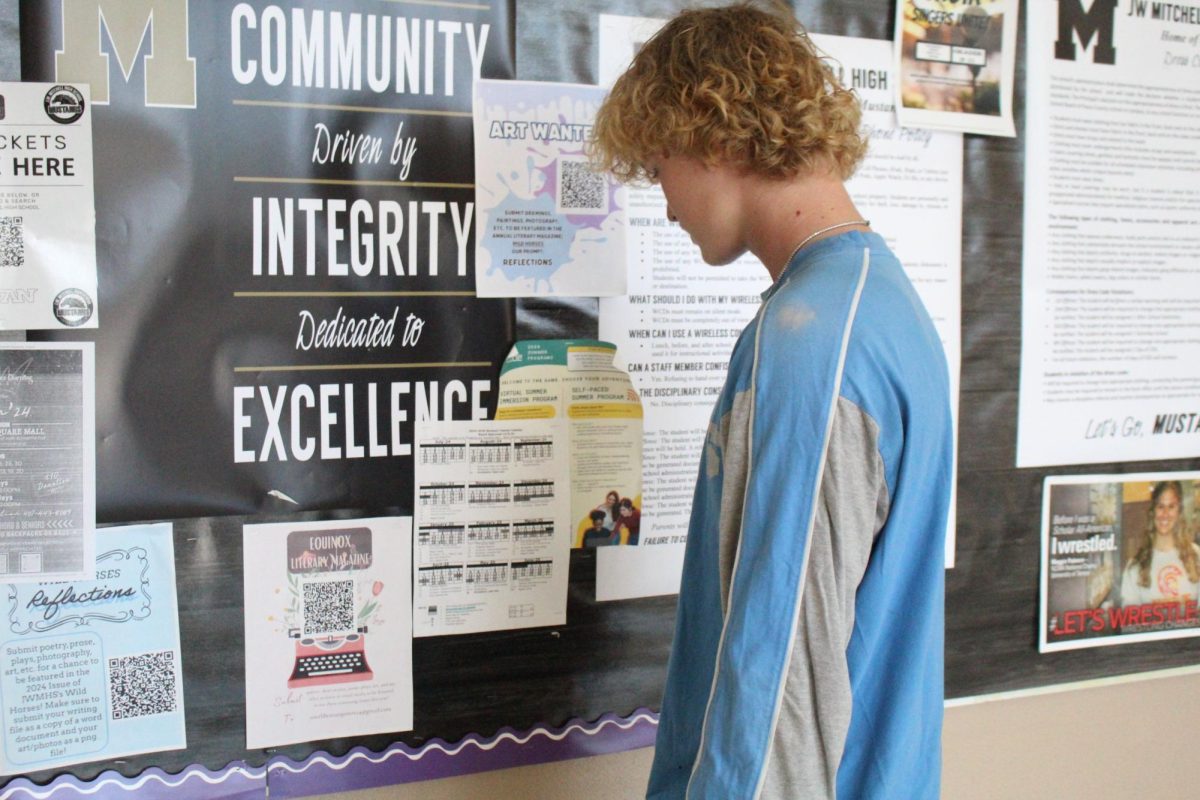


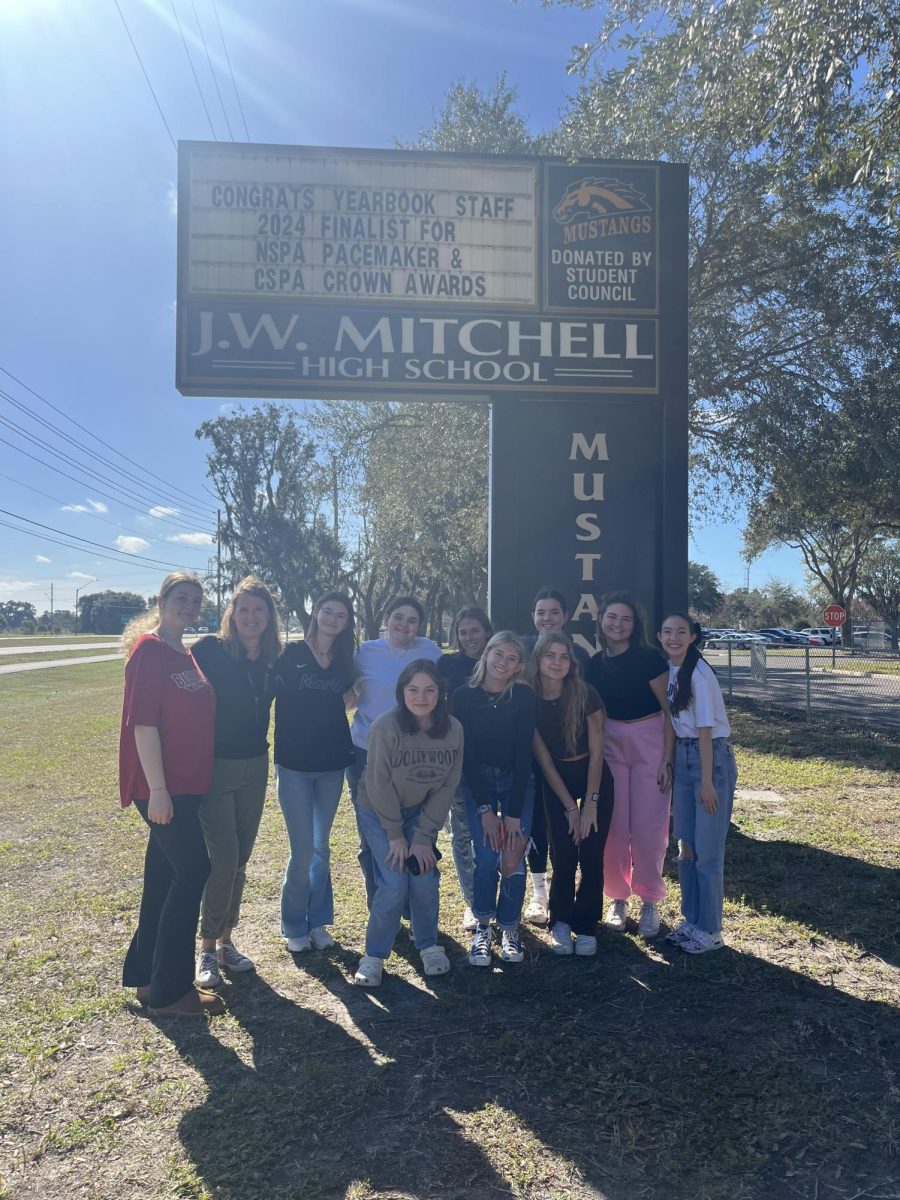
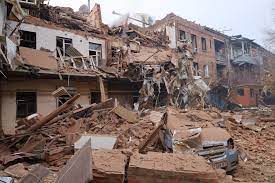

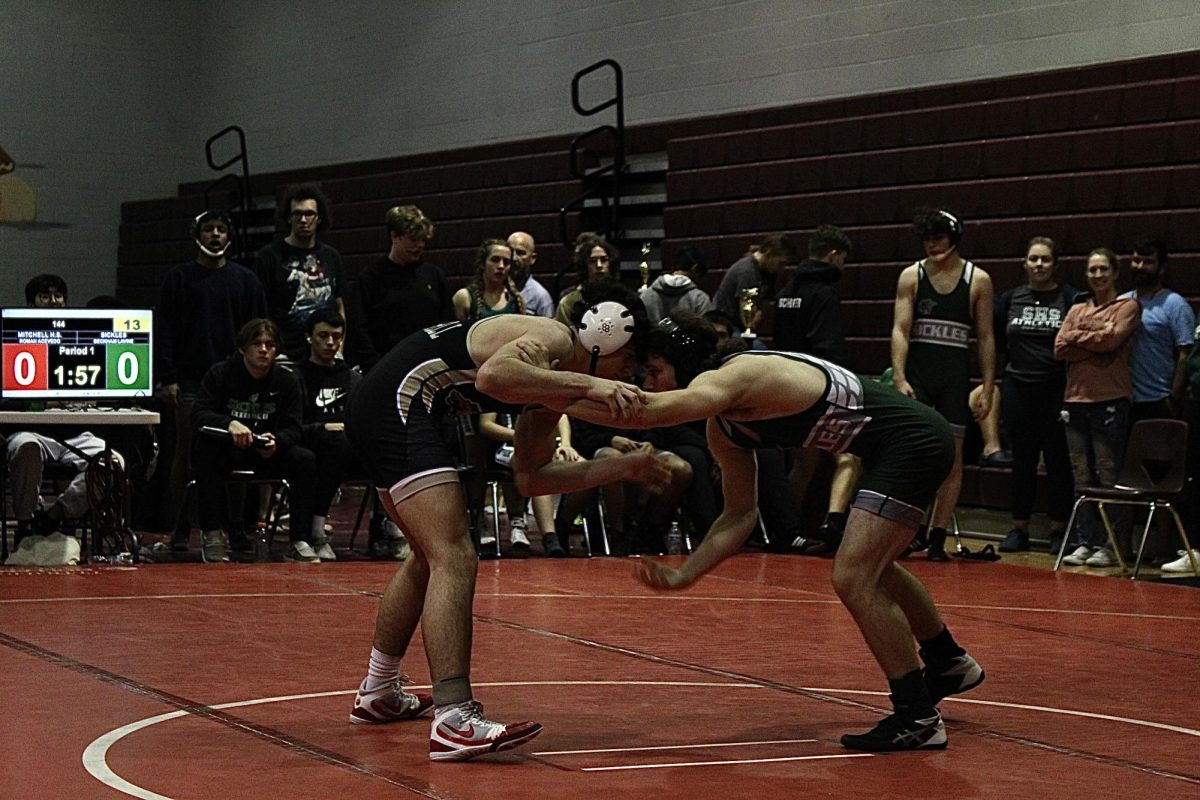
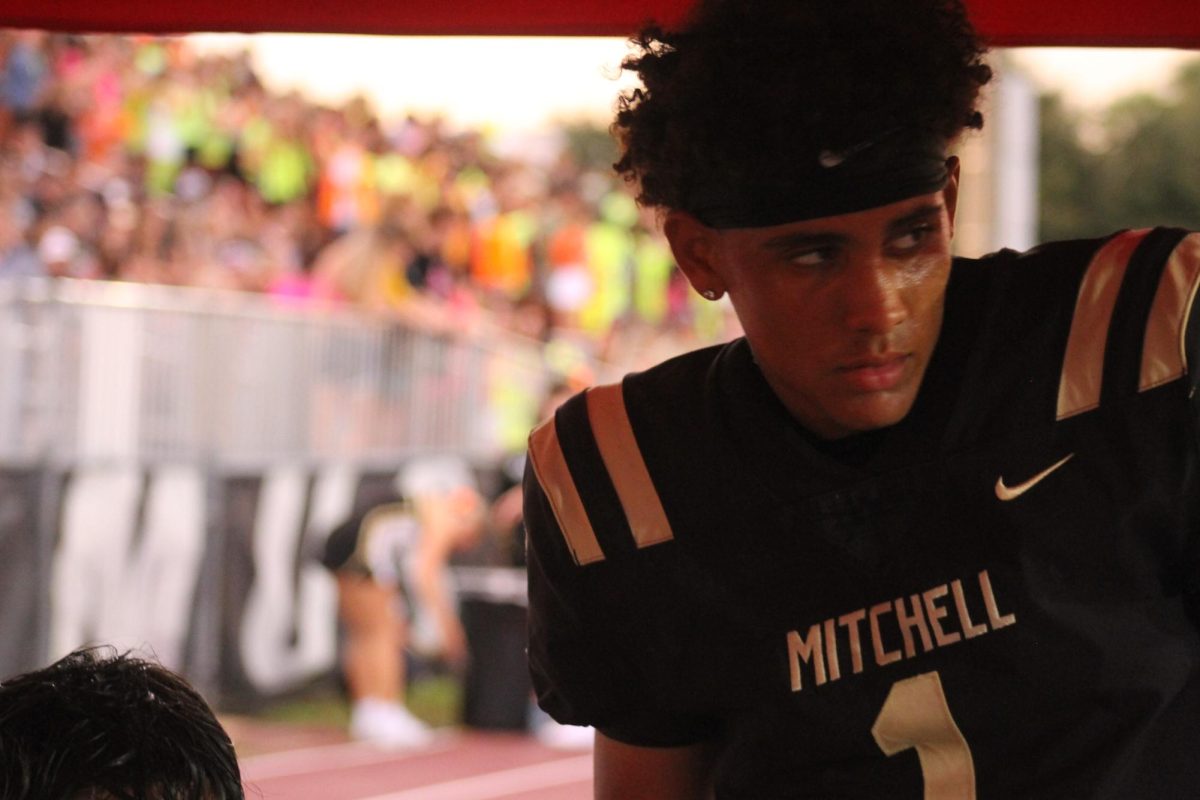



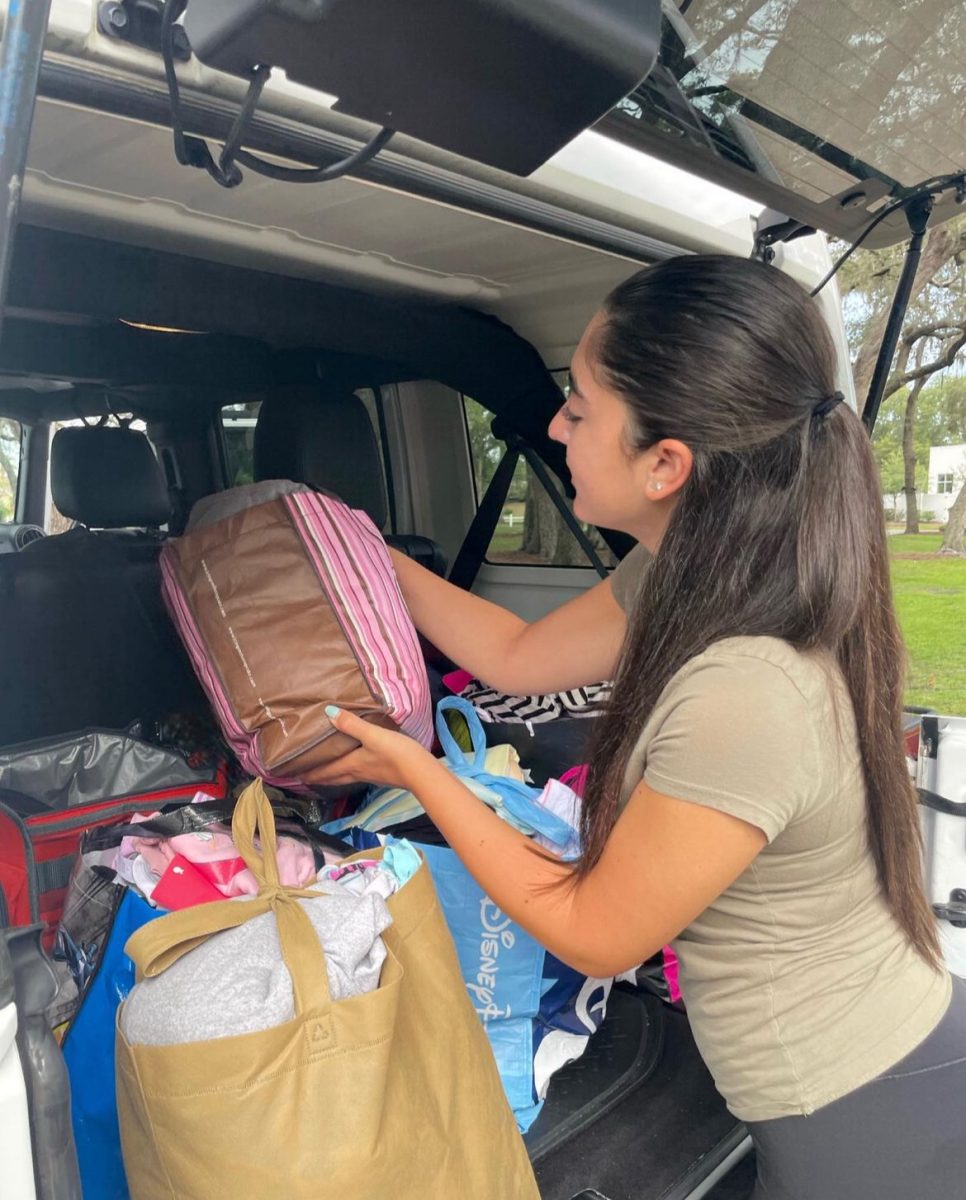

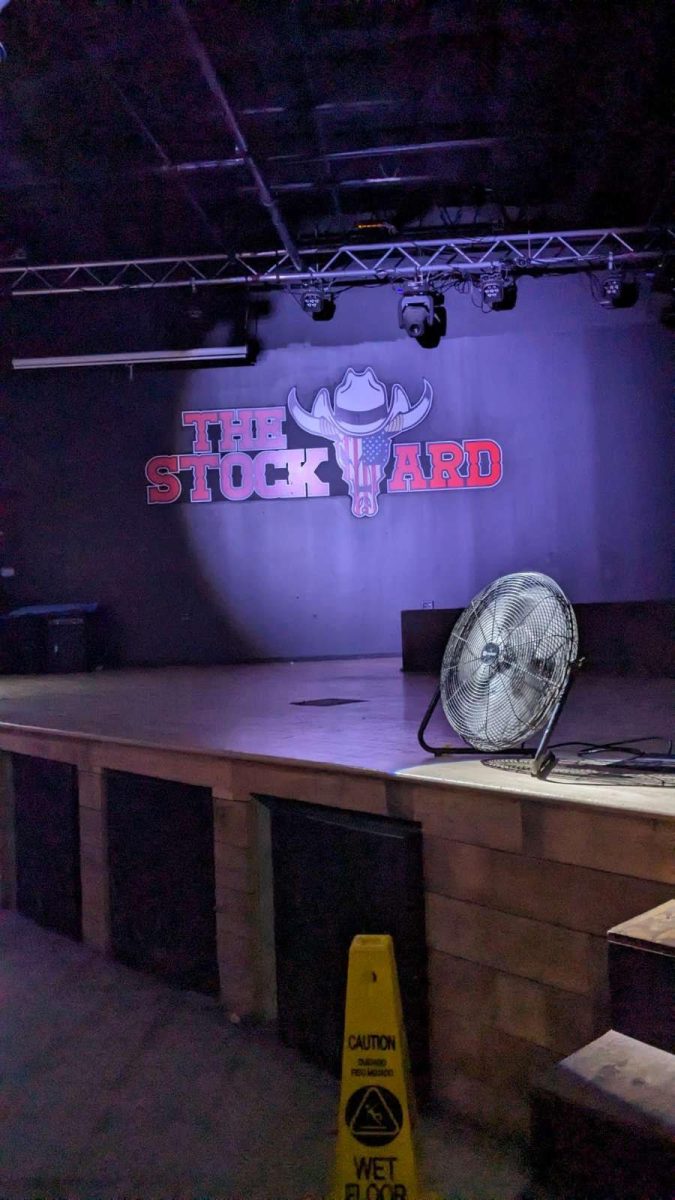

![Colin McRaven (24) prepares to pitch the ball to an Anclote batter during the Varsity pre-season game.I like striking people out, since its fun. The game against Anclote was pretty easy because they were less talented than our team and [I think] we were better than them in every aspect, Colin McRaven (24) said.](https://jwmhshoofbeat.com/wp-content/uploads/2024/03/IMG_1538-1200x928.jpg)
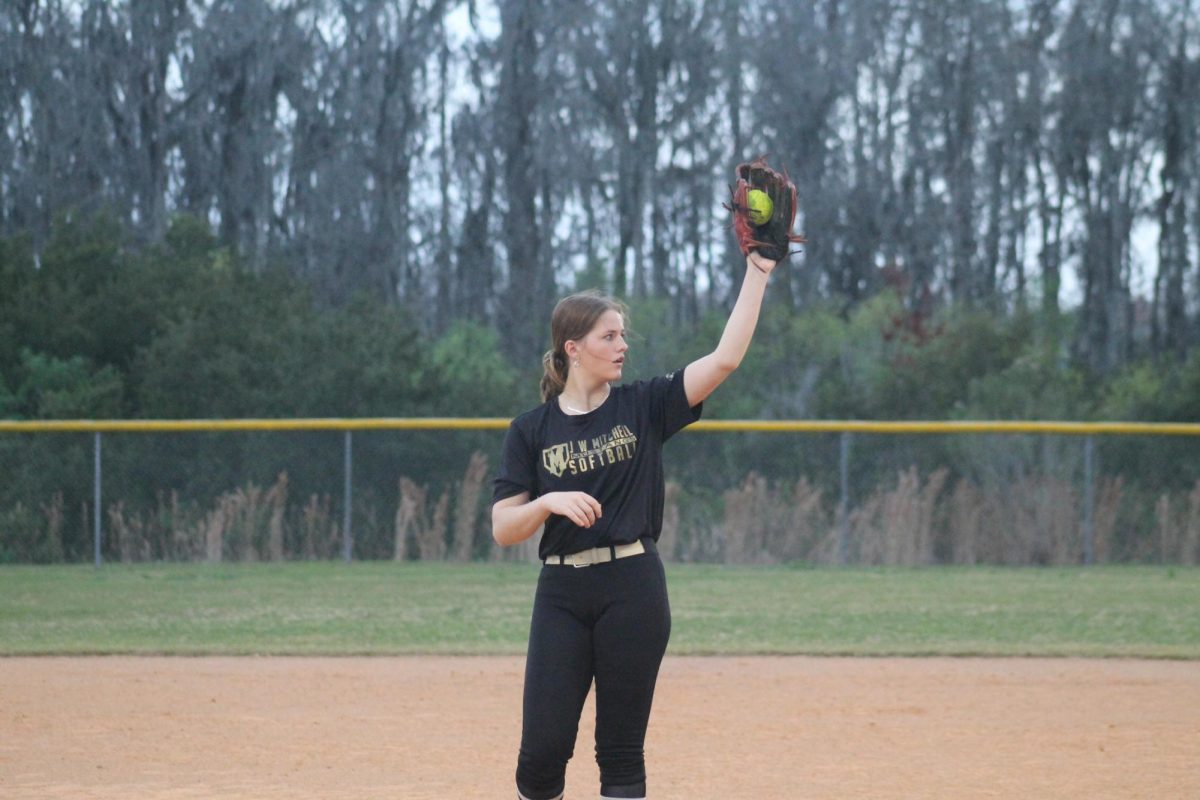
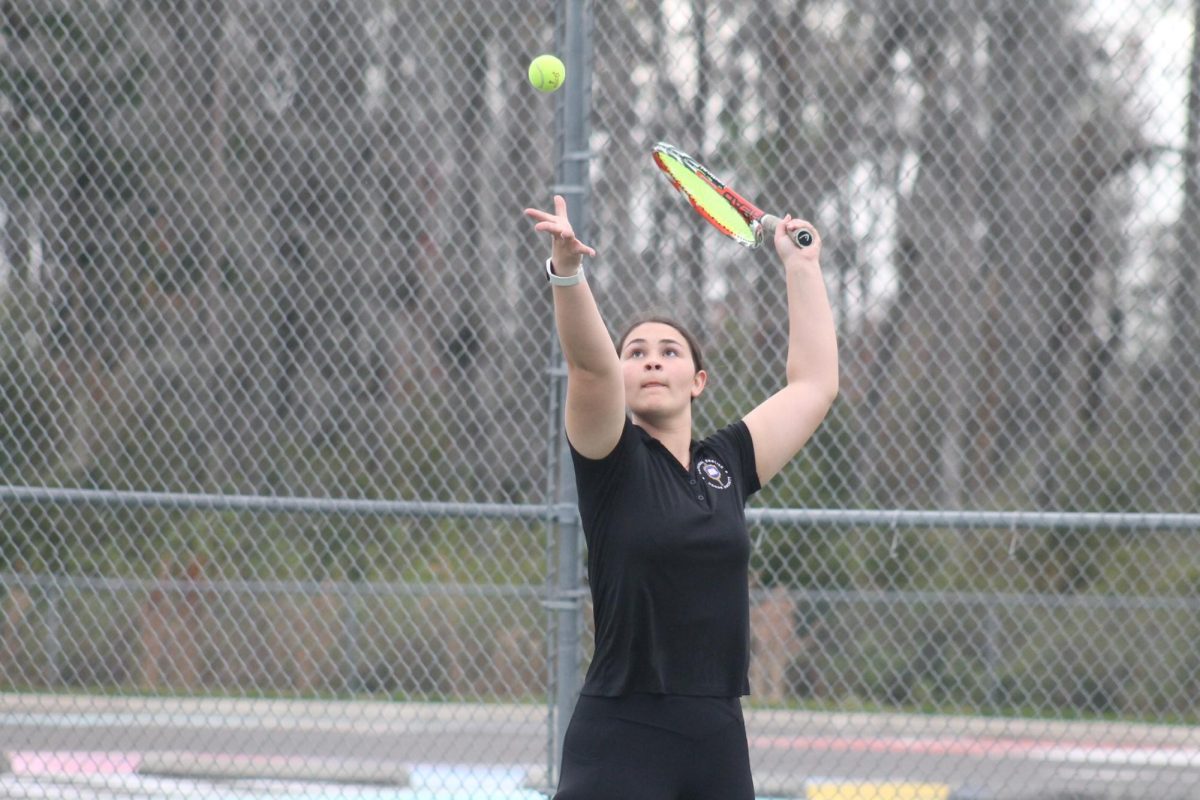
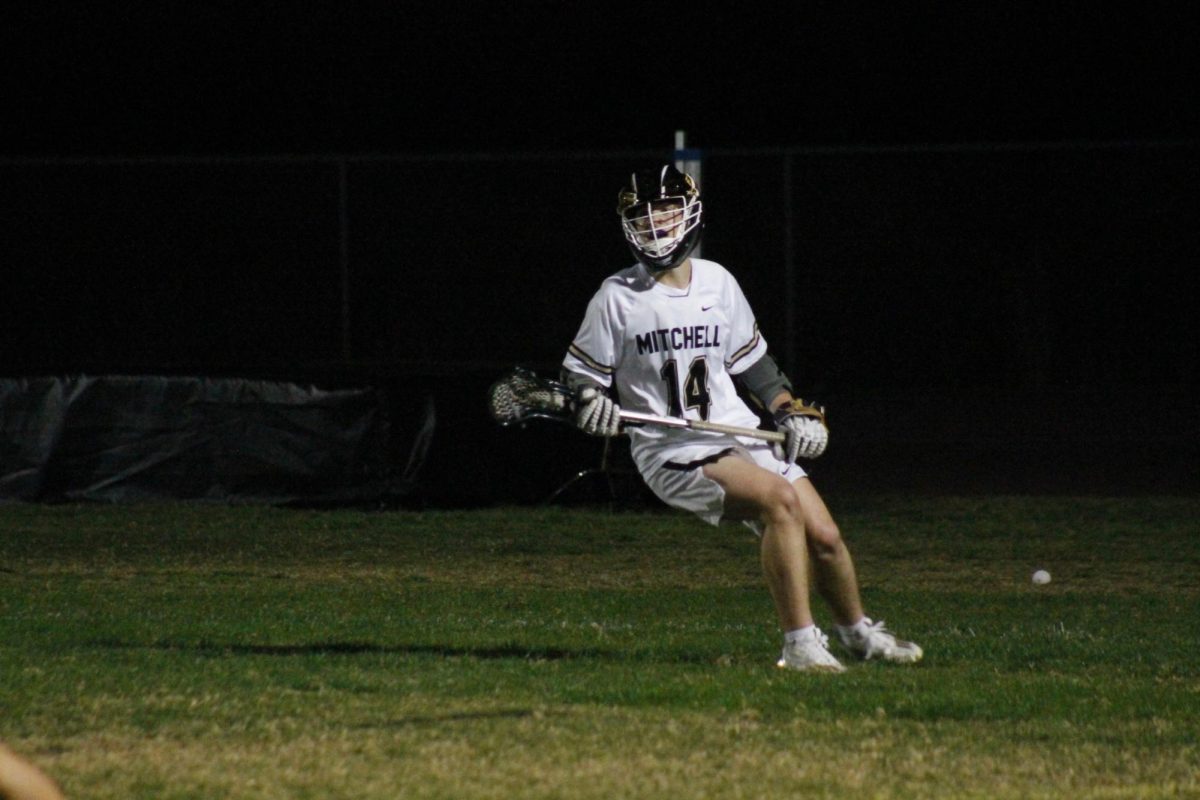

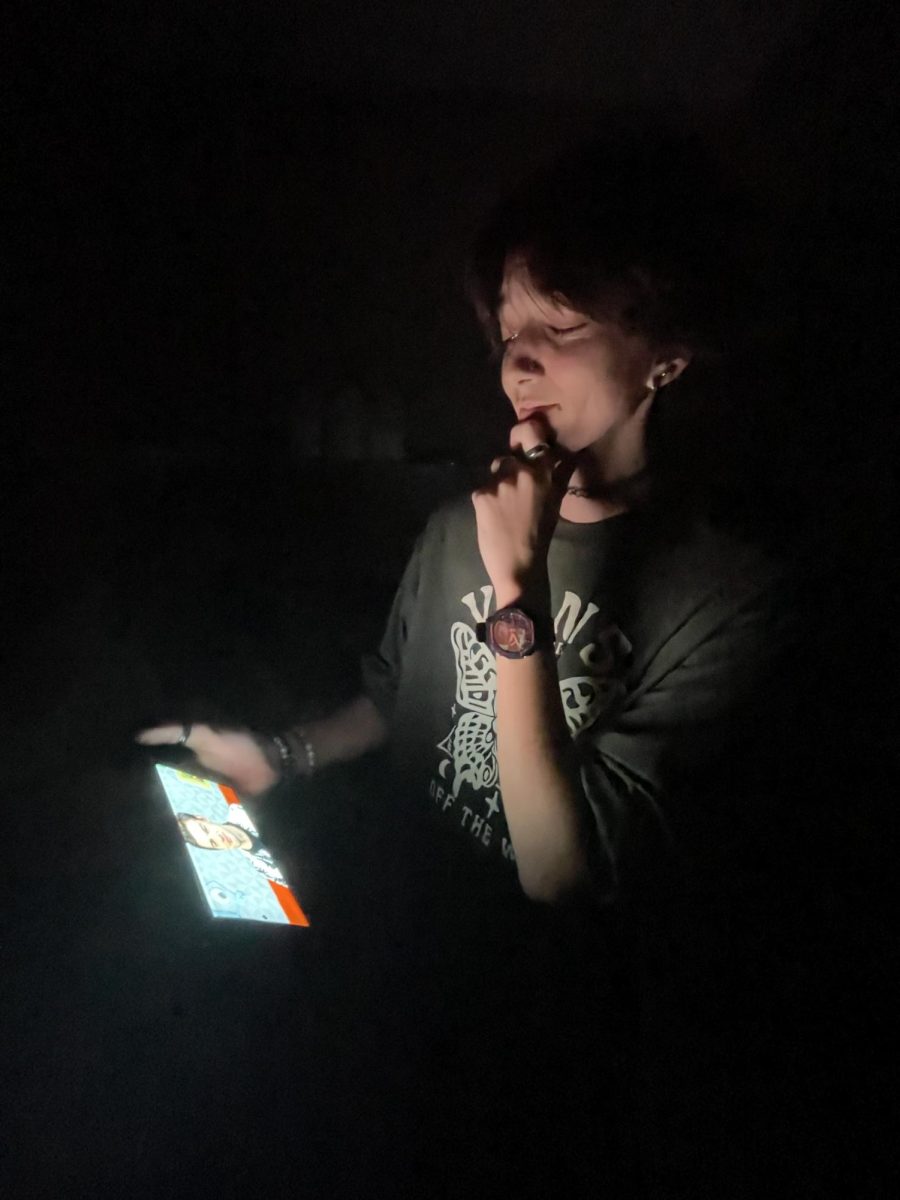
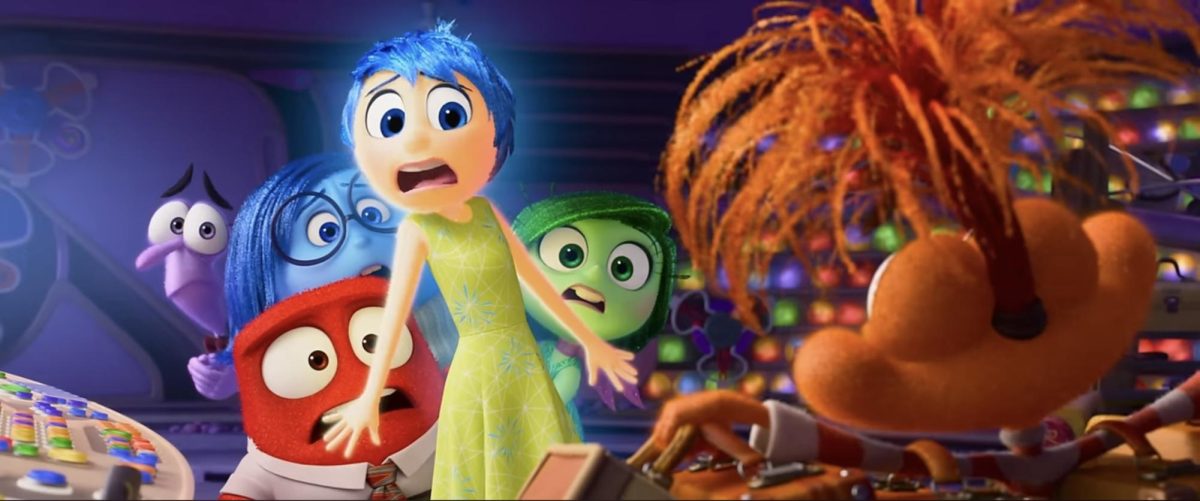


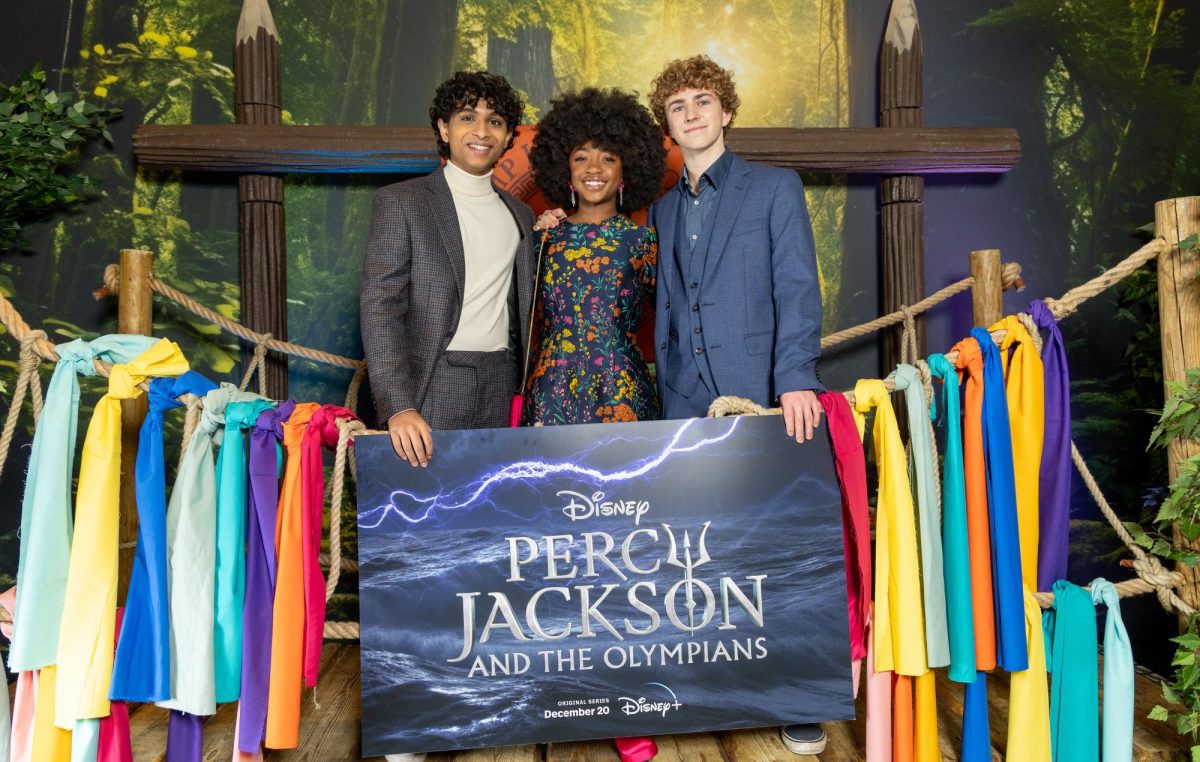
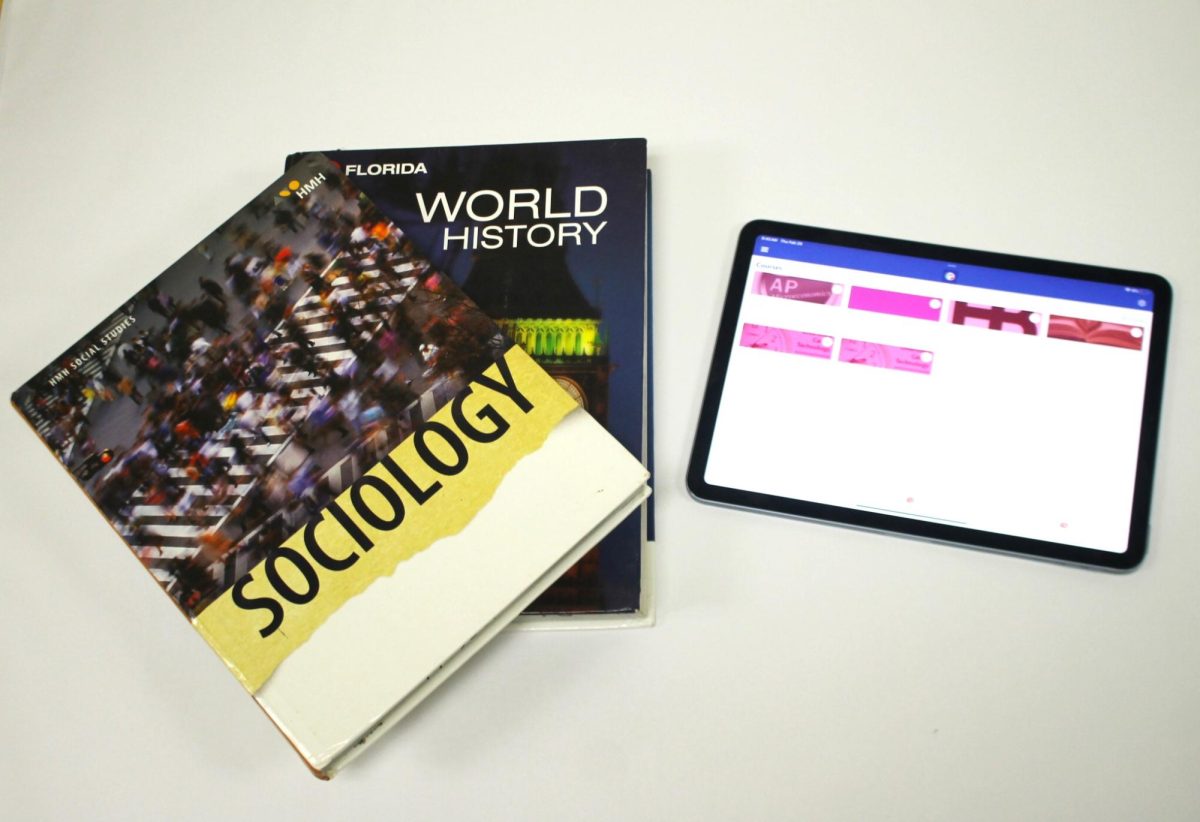
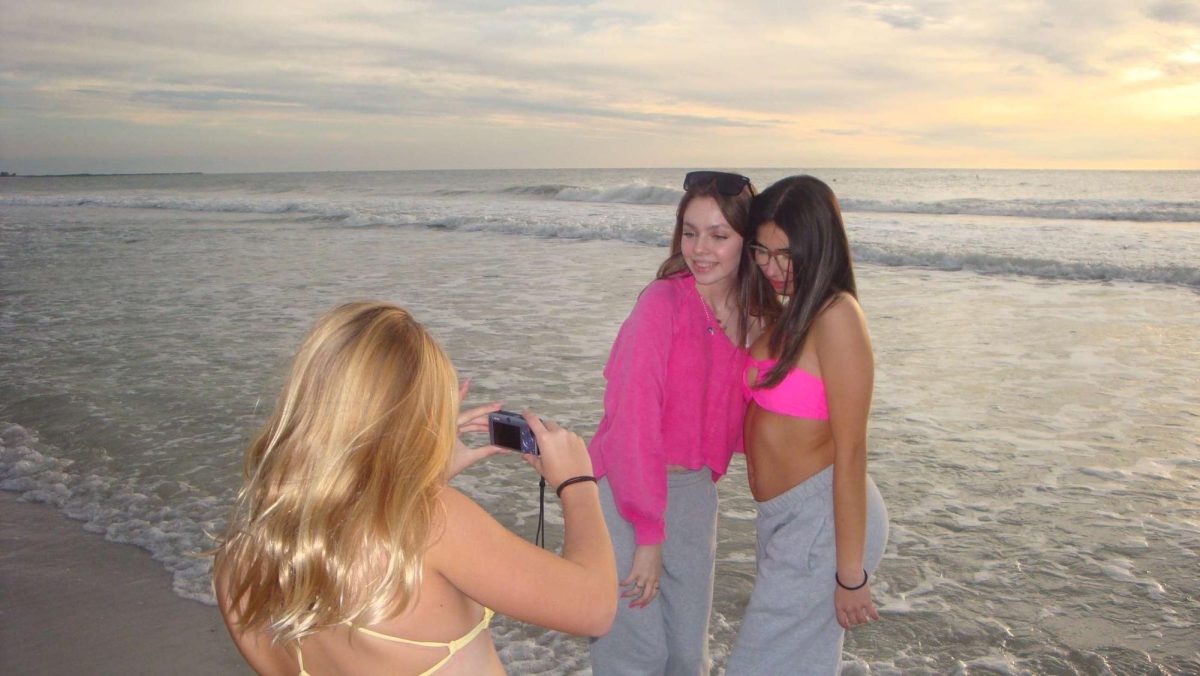
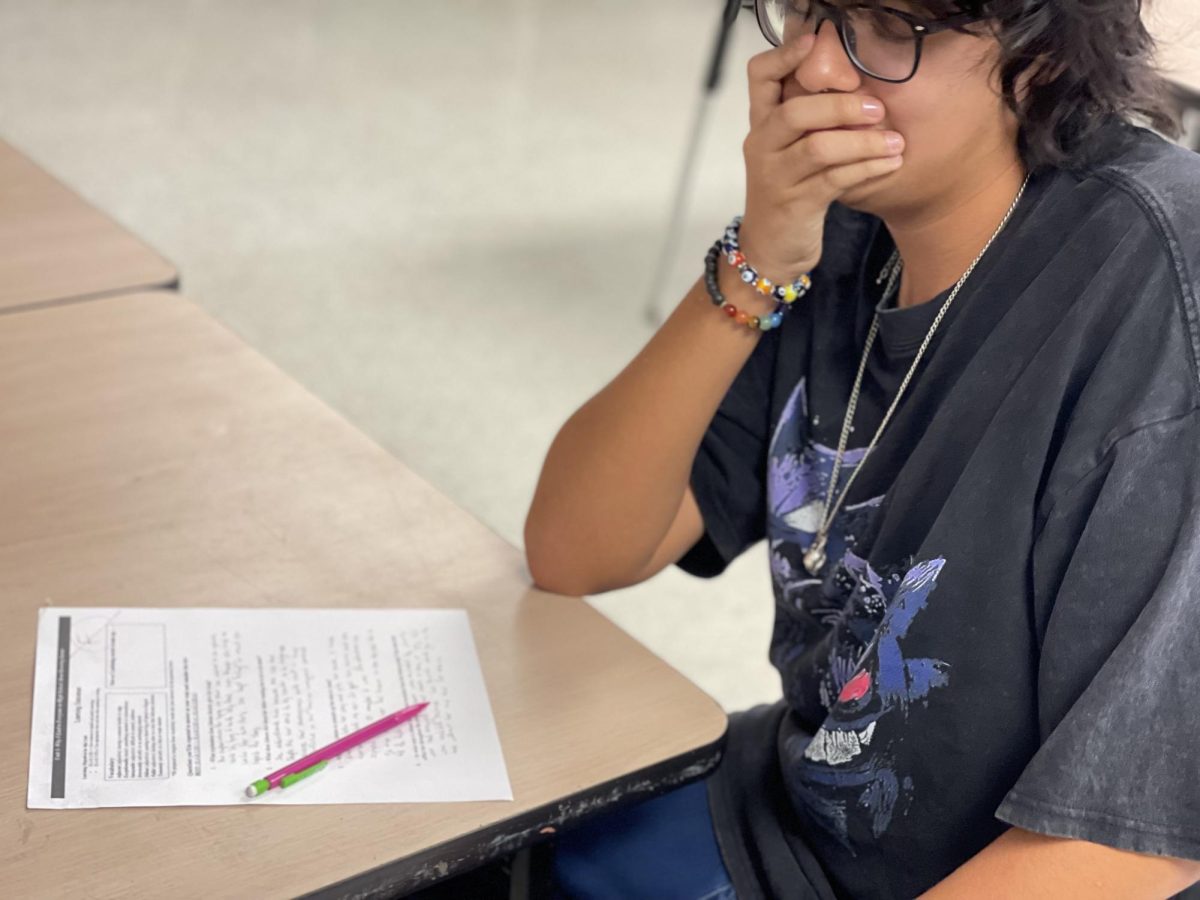
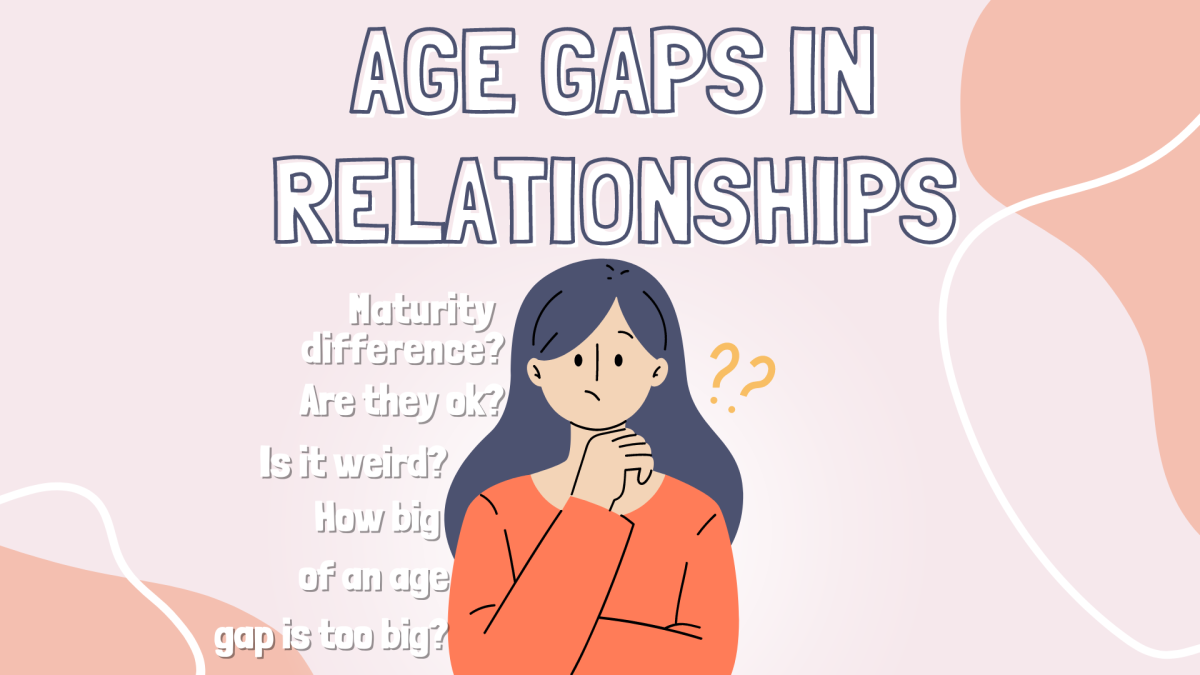
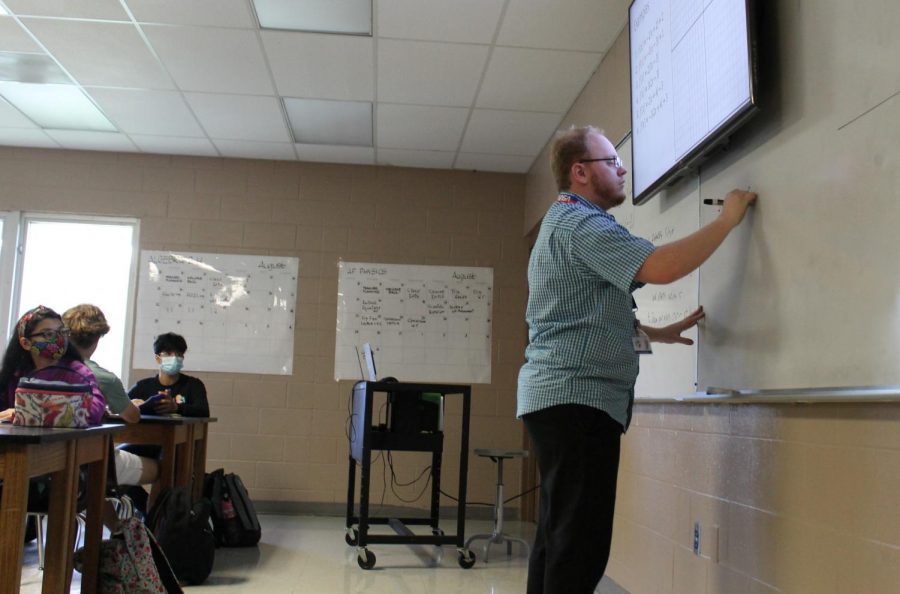

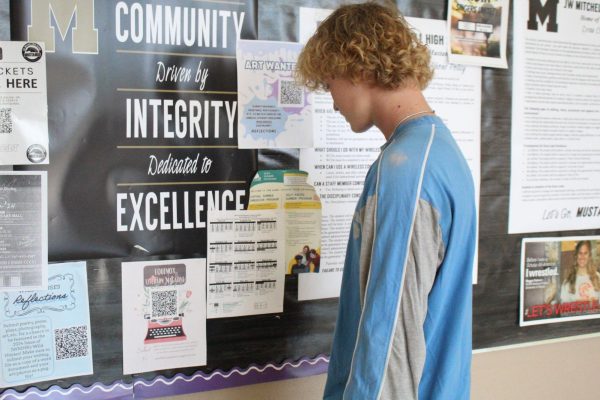


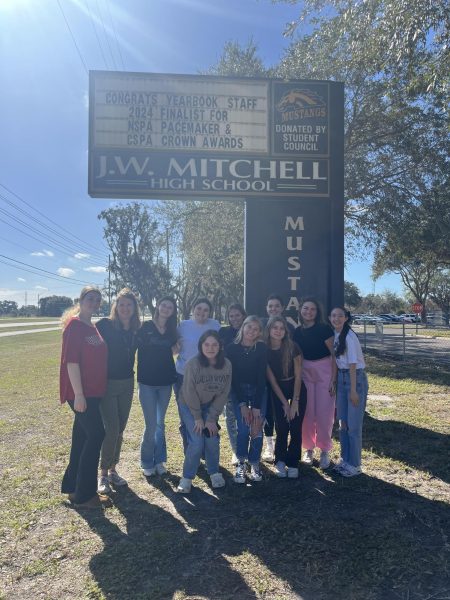
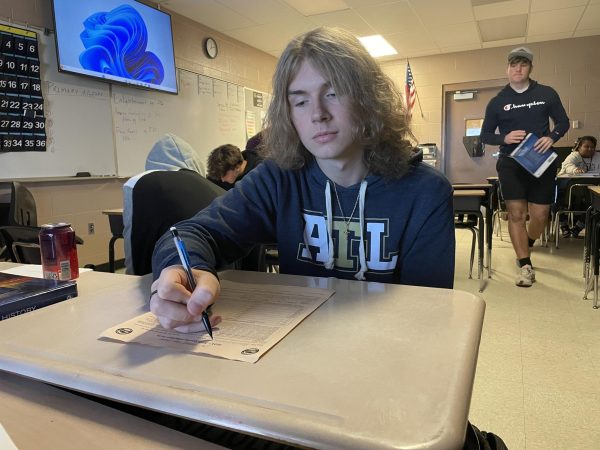
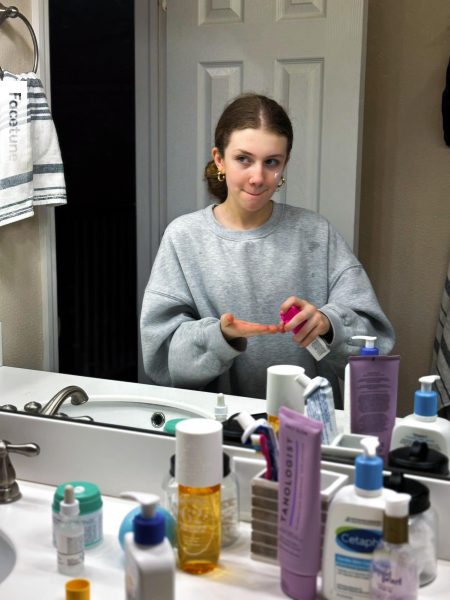
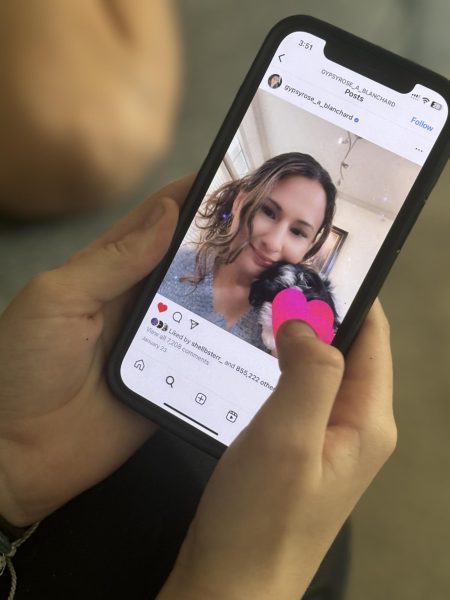

![Photo by Suryashankaran Sundaresvaran. Members of the FBLA club at LandO Lakes preparing to present for the live presentation performance test on Thursday Jan. 19. All the objective tests happened on Tuesday, and thats where everyone had to take like an 100 question online test and [Thursday] is the performance test, where [members] have to give a live performance or presentation, Shreyas Das (25) said. For the online test, Das chose the topic of cybersecurity](https://jwmhshoofbeat.com/wp-content/uploads/2024/02/processed-0F881CEF-22BC-4393-A482-187974F2C988-600x450.jpeg)